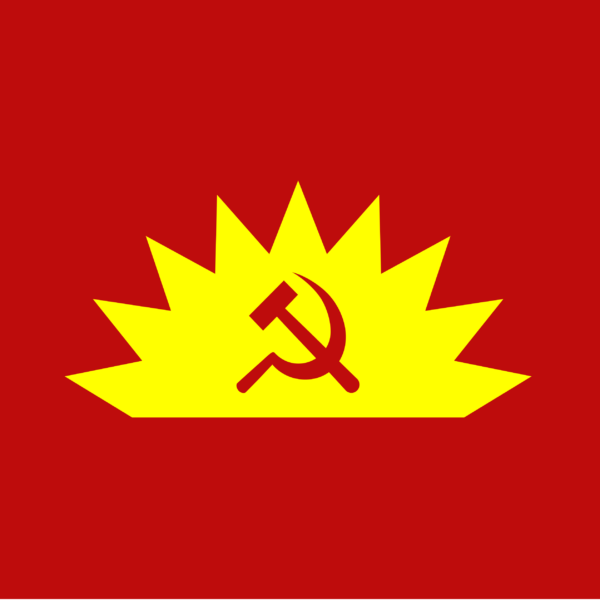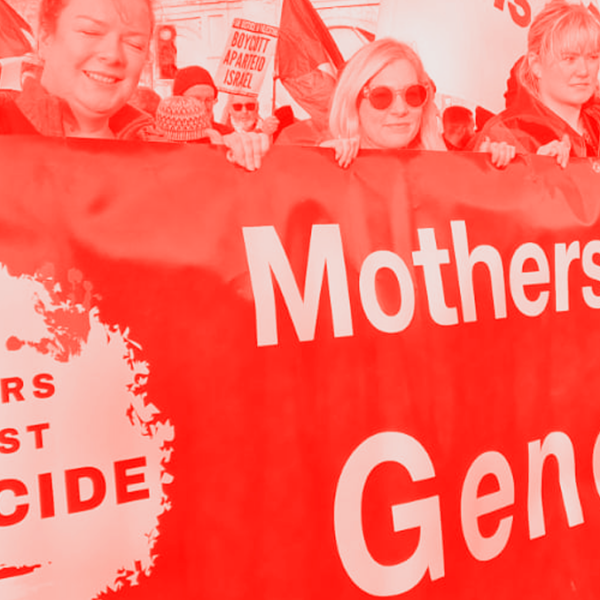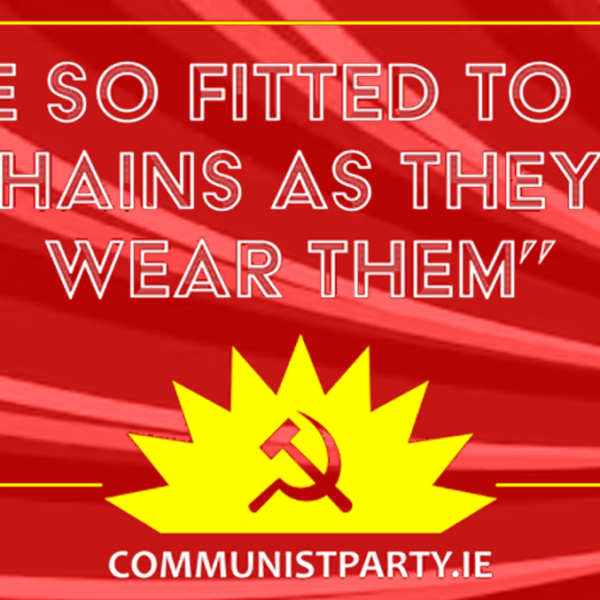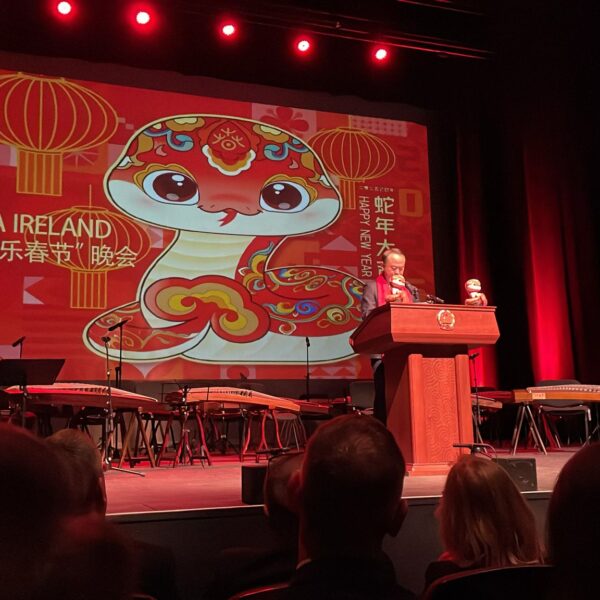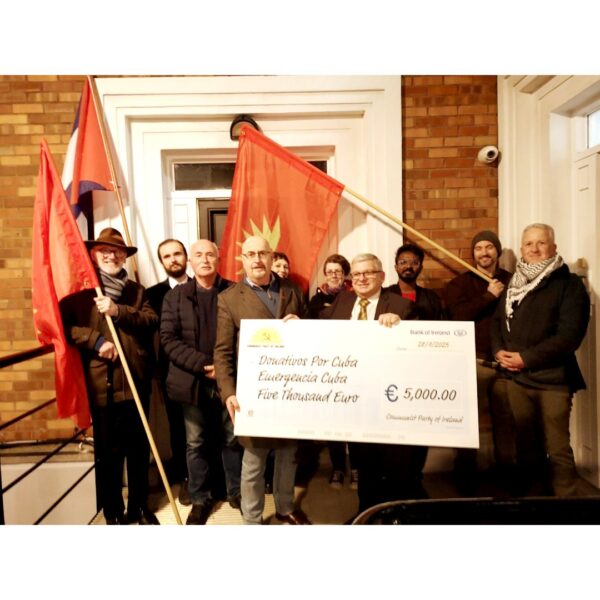The instability of capitalism deepens. For a second time in less than 20 years the economic model pursued by the Irish ruling class is facing a crisis. The US government decision to impose 20% tariffs on EU imports to the US, as the US capitalist class attempts to halt its […]
Author: Ciara Melinn
Statement in support of Mothers Against Genocide Activists
The women of the Communist Party of Ireland would like to offer our deepest solidarity with the Mothers against Genocide group, we share the outrage felt across the solidarity movement at your horrific treatment. In your fight to expose the genocide currently being carried out by the Zionist occupation against […]
Statement on International Working Women’s Day 2025
It was the 8th of March in 1917, in the midst of World War I, when women workers took to the streets with the cry of “Peace, Land and Bread” and began the process of the Russian Revolution. Women have since remained at the forefront of the anti-war struggle, here […]
Medical Aid from Ireland to Cuba
In spite of the extremely difficult challenges, CPI members working alongside Aid for Cuba in Belfast were successful in breaking the illegal US blockade of Cuba and delivering much needed medical supplies to a hospital in Havana. The work that has gone into raising the funds to transport this aid […]
Communist Party NEC welcome new Chinese Ambassador to Ireland
Comrades from the National Executive Committee of the CPI were invited by the Chinese Embassy in Ireland to attend a Reception for the new Ambassador of the People’s Republic of China, followed by a New Year Gala at The Helix in Dublin City University on Monday 17th February. The Reception […]
To Further the case for Public Monopolies: Democratising the Economy
Investigating an Economic Alternative Part 2 Following on from last month’s article[1] we delve deeper into the transformative potential of public monopolies[2] and the role of cross-subsidisation in building an economy for the common good. The ideological dogma of free-market capitalism has long upheld private enterprise as the pinnacle of […]
Palestine & the International Anti-Imperial Struggle
The Communist Party of Ireland reaffirms our unwavering support for the steadfast people of Palestine as they confront the full force of US imperialism embodied in Donald Trump’s right-wing, ultra-nationalist administration. West Asia has become the frontline of the international anti-imperial struggle and there has been a seismic shift in […]
Public versus Private Monopolies – Investigating an Alternative
The Illusion of Competition: Why Capitalism Breeds Inefficiency Capitalism, in its idealised form, is built upon the foundation of perfect competition. Orthodox economic models envision a utopia where countless small firms vie for market share, prices reflect the marginal cost of production, and resources flow seamlessly to their most efficient […]
CPI solidarity with Revolutionary Cuba
Over the course of 2024, the Communist Party of Ireland continued its solidarity with the people of Cuba. On the streets, in cultural and social spaces and in the media, Irish Communists solidarity campaign celebrated the victories of the Cuban revolution and its people, raising awareness of the continuing economic […]
Prospects for Capitalism in 2025
The trajectory of the global capitalist economy reveals a deep and persistent malaise. Since the Great Recession of 2008-2009, G7 economies have failed to regain their former dynamism. The acute yet temporary recession triggered by the global pandemic has only exacerbated this long-term trend. Across the G7, metrics for business […]

